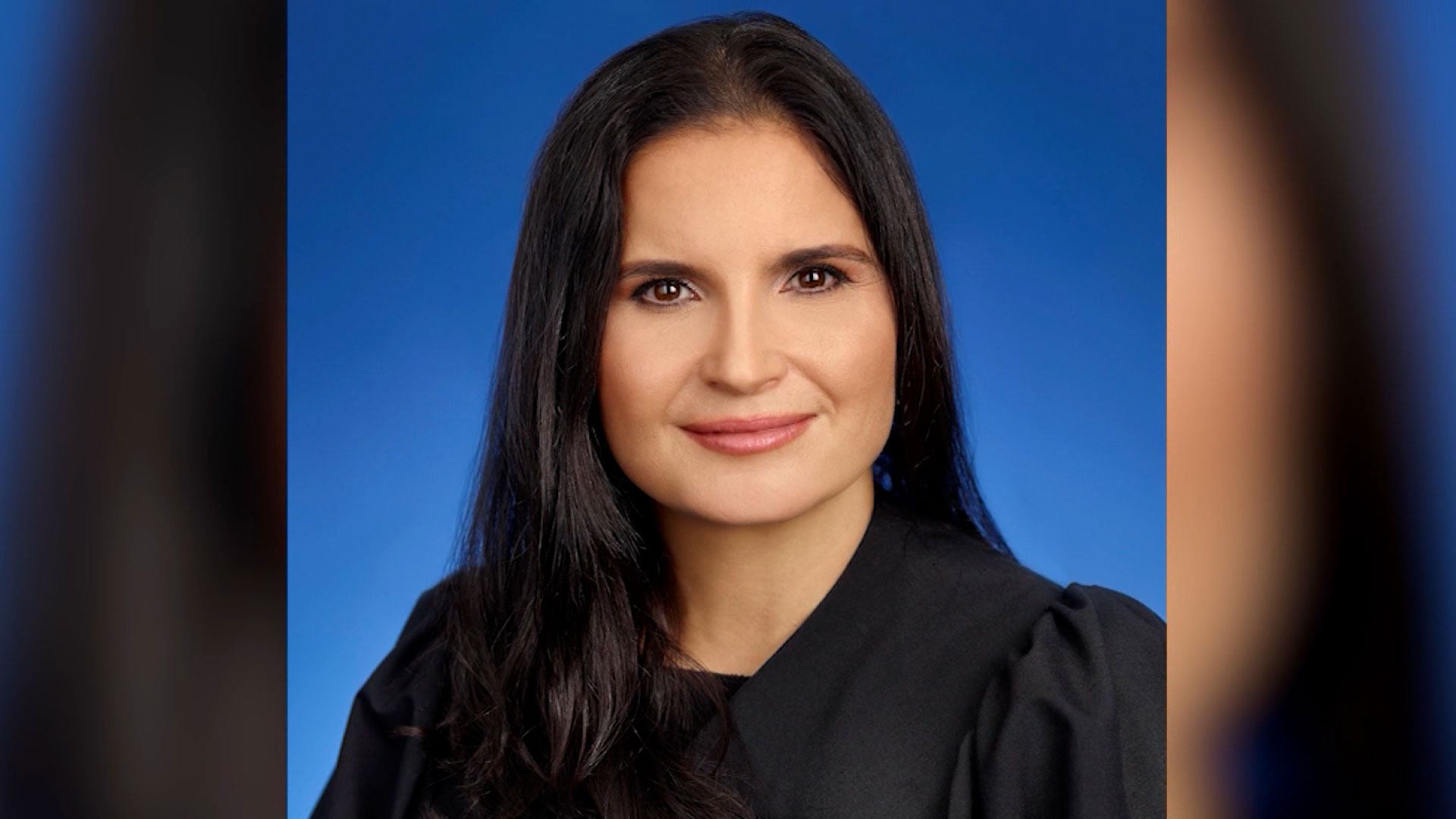Judge Cannon’s Controversial Ruling

Judge cannon – Judge Aileen Cannon of the Southern District of Florida issued a preliminary injunction on September 5, 2022, temporarily blocking the Department of Justice from reviewing classified documents seized from former President Donald Trump’s Mar-a-Lago residence.
The ruling stems from a lawsuit filed by Trump seeking to prevent the DOJ from using the seized documents in its criminal investigation into the potential mishandling of classified information.
Legal Basis
Judge Cannon based her ruling on the “special master” doctrine, which allows a court to appoint an independent third party to review seized materials and determine whether they are privileged or otherwise protected from disclosure.
The judge found that Trump was likely to succeed on the merits of his claim that the seized documents contained privileged information protected by the attorney-client privilege or executive privilege.
Arguments
The DOJ argued that the special master was unnecessary and would delay the criminal investigation. The government also argued that Trump had no valid claim to privilege over the seized documents.
Trump’s attorneys argued that the special master was necessary to protect Trump’s constitutional rights and to ensure that privileged information was not disclosed to the government.
Implications
Judge Cannon’s ruling has been met with criticism from legal experts, who argue that it is an overreach of judicial authority and could set a dangerous precedent for future cases involving the handling of classified information.
The ruling has also been criticized by some Democrats, who argue that it is an attempt to obstruct the DOJ’s investigation into Trump.
Legal Challenges to Judge Cannon’s Ruling

Judge Cannon’s ruling has been met with legal challenges from various parties, including the Department of Justice and media organizations.
Arguments of Challengers
The challengers argue that Judge Cannon’s ruling is flawed and should be overturned. They contend that the former president is not entitled to the special master review of the seized documents because he lacks standing to assert executive privilege over them.
The challengers also argue that Judge Cannon’s ruling is an overreach of her authority. They maintain that the court does not have the power to interfere with the ongoing criminal investigation being conducted by the Department of Justice.
Potential Outcomes, Judge cannon
The legal challenges to Judge Cannon’s ruling could have several potential outcomes. The court could uphold the ruling, overturn it, or remand it back to the lower court for further proceedings.
If the court upholds the ruling, it would be a significant victory for the former president. It would allow him to have a special master review the seized documents, which could potentially delay or even derail the criminal investigation.
If the court overturns the ruling, it would be a major setback for the former president. It would allow the Department of Justice to continue its criminal investigation without interference from the court.
If the court remands the ruling back to the lower court, it would give Judge Cannon an opportunity to reconsider her decision. She could either reaffirm her original ruling or issue a new ruling that is more favorable to the challengers.
Judge Cannon’s recent ruling has sparked controversy. His decision has been met with mixed reactions, with some supporting his stance and others criticizing his interpretation of the law. This ruling has brought attention to the complex legal landscape surrounding such cases, and it is likely to be debated for some time.
Interestingly, Judge Cannon’s wife, Usha Chilukuri, is also a lawyer and has been involved in several high-profile cases, including representing J.D. Vance’s wife in a recent legal matter. Judge Cannon’s rulings will undoubtedly continue to be scrutinized, and it remains to be seen how his decisions will impact future cases.
Judge Cannon’s decision to appoint a special master to review the documents seized from Mar-a-Lago has sparked controversy. Critics argue that this will delay the investigation and shield Trump from accountability. However, some, like Senator Tim Scott, see it as a necessary step to ensure a fair and impartial process.
Scott’s recent speech on the matter highlights the importance of due process and the need to avoid prejudging the outcome of the investigation. Ultimately, Judge Cannon’s decision will have a significant impact on the course of the investigation and the public’s perception of its fairness.